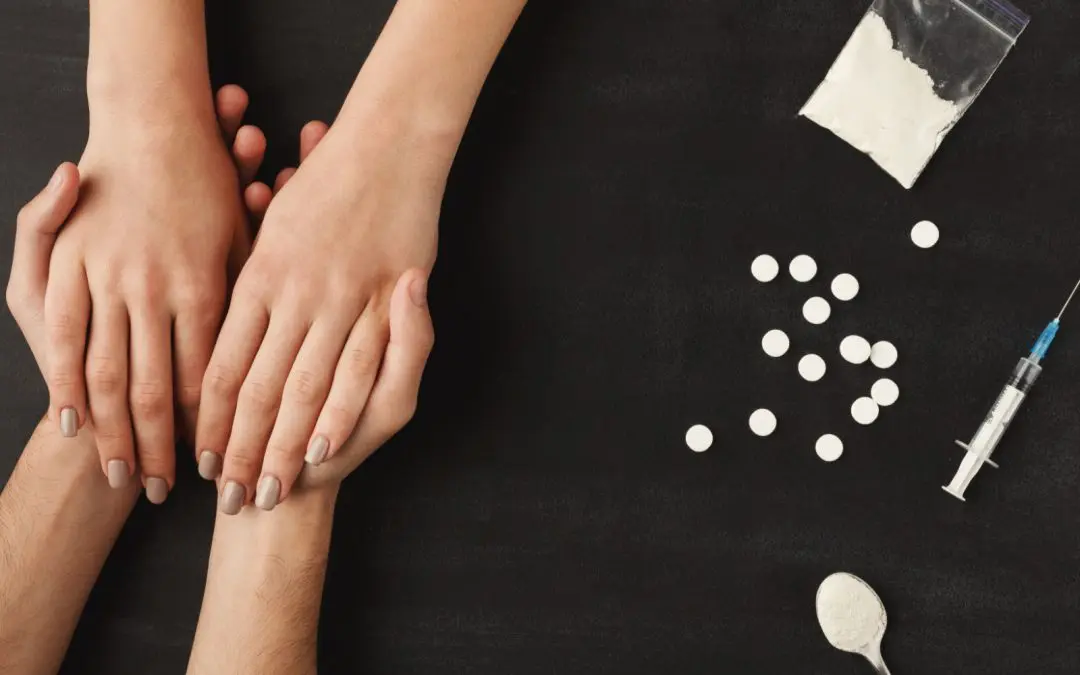24/7 Helpline:
(866) 899-221924/7 Helpline:
(866) 899-2219
Learn more about 12-Step Rehab centers in Monroe County

Other Insurance Options

Regence

GEHA

Sliding scale payment assistance

MHNNet Behavioral Health

Carleon

Meritain

Optima

Ambetter

Magellan

Cigna

Group Health Incorporated

WellPoint

Sutter

Providence

WellCare Health Plans

Self-pay options

Holman Group

CareSource

Evernorth

Lucent

LifeSkills Service Center – Monroe County
LifeSkills Service Center – Monroe County is a private rehab located in Tompkinsville, Kentucky. Lif...








































































































